During my seven years at Reuters I dove into corporate strategy across a range of industries, including real estate, insurance, consumer goods, industrials and chemicals. I analyzed thousands of data points, investigated legal, investment and M&A strategies, dissected earnings statements and picked the brains of executives at some of the world’s largest companies.
But I am most proud of my work covering the monumental transformation of the global auto and transportation industry towards an electric, zero-emissions future. I analyzed efforts to decarbonize the sprawling automotive supply chain, satisfy the growing need for battery raw materials, and build out effective EV charging networks - all while remaining commercially viable and cost-competitive.
Talking to Fortune-500 executives, startup founders, investors, researchers and regulators allowed me to gain a comprehensive perspective on some of the most complex environmental challenges.
Below is a selection of my favorite stories.
Research & Journalism

Car-dependent Austin is building public transit. Will anyone ride it?
Austin is trying to slash the share of local car commuters, investing billions in its transit system. But the city serves as a cautionary tale to thousands car-centric American cities as the U.S. aims to reduce emissions from the transportation sector.
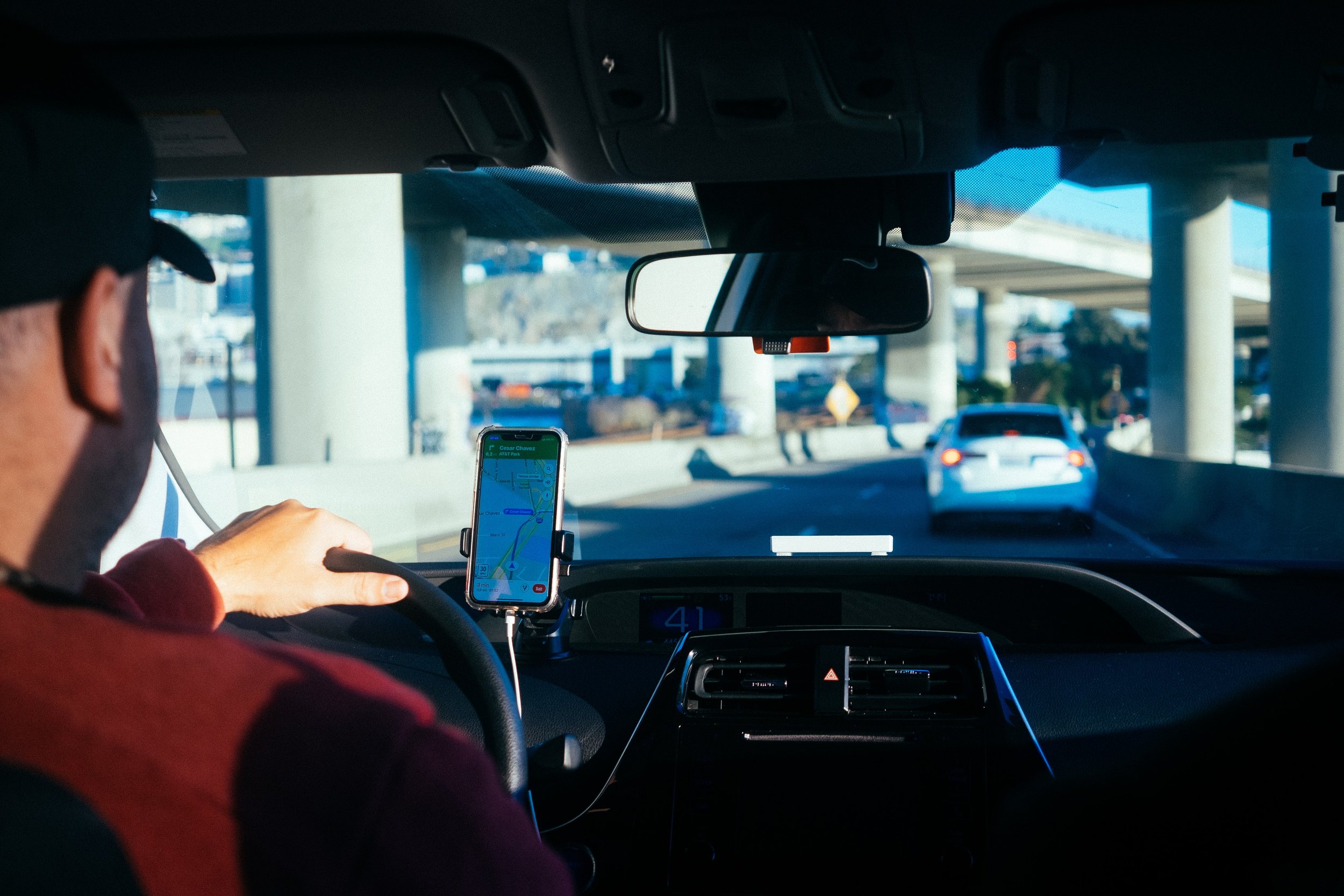
Uber’s struggles to meet California EV mandate
California is mandating that nearly all trips on Uber and Lyft will have to take place in electric vehicles by 2030. That poses a tremendous economic challenge to the companies, which are calling on the state to provide more public subsidies to meet the target.
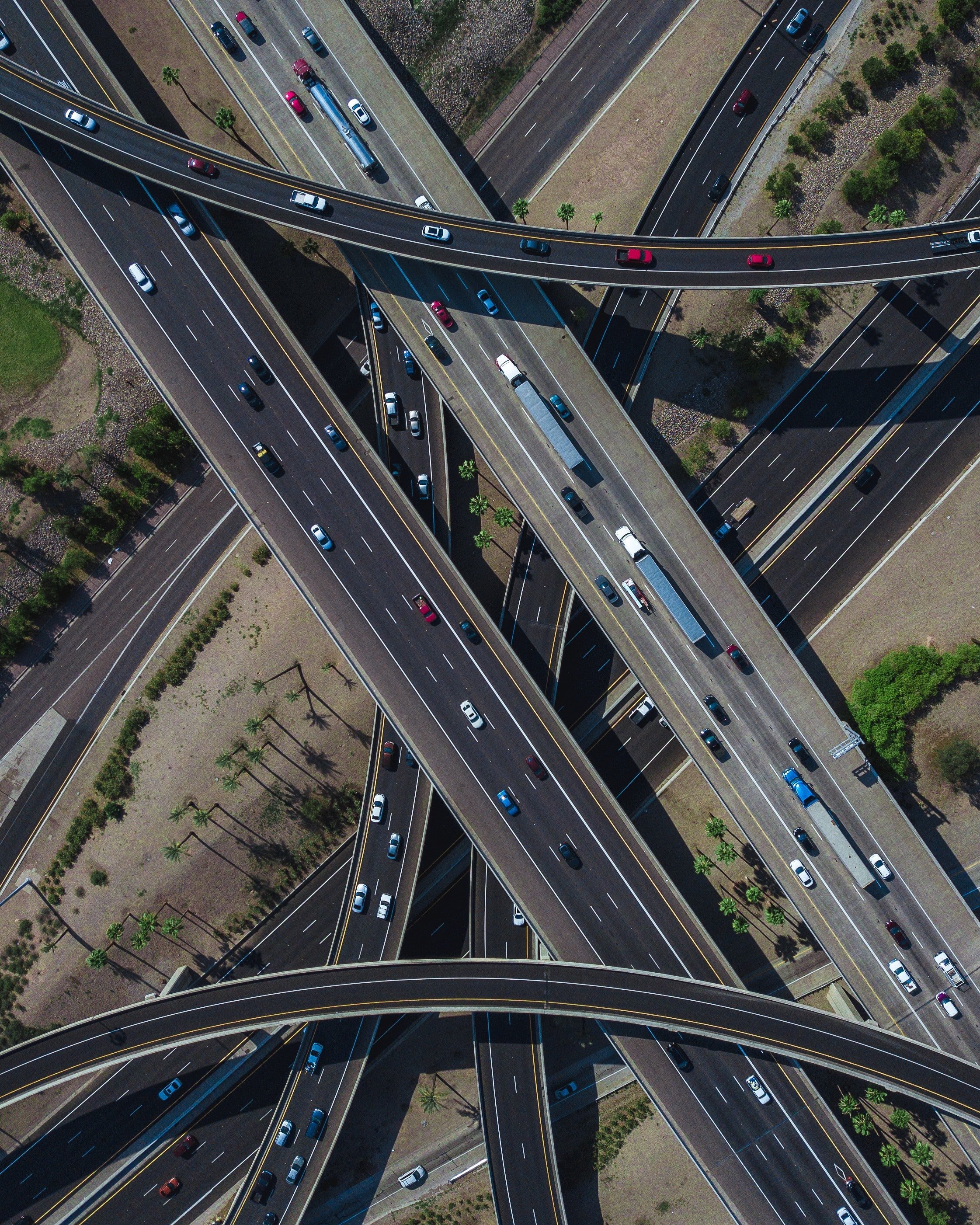
U.S. highway expansions increase traffic and pollution, environmental groups say
The U.S. plans to spent tens of billions of dollars to build out highway infrastructure that environmental groups say will only create more traffic and pollution without providing Americans with alternative transportation options.
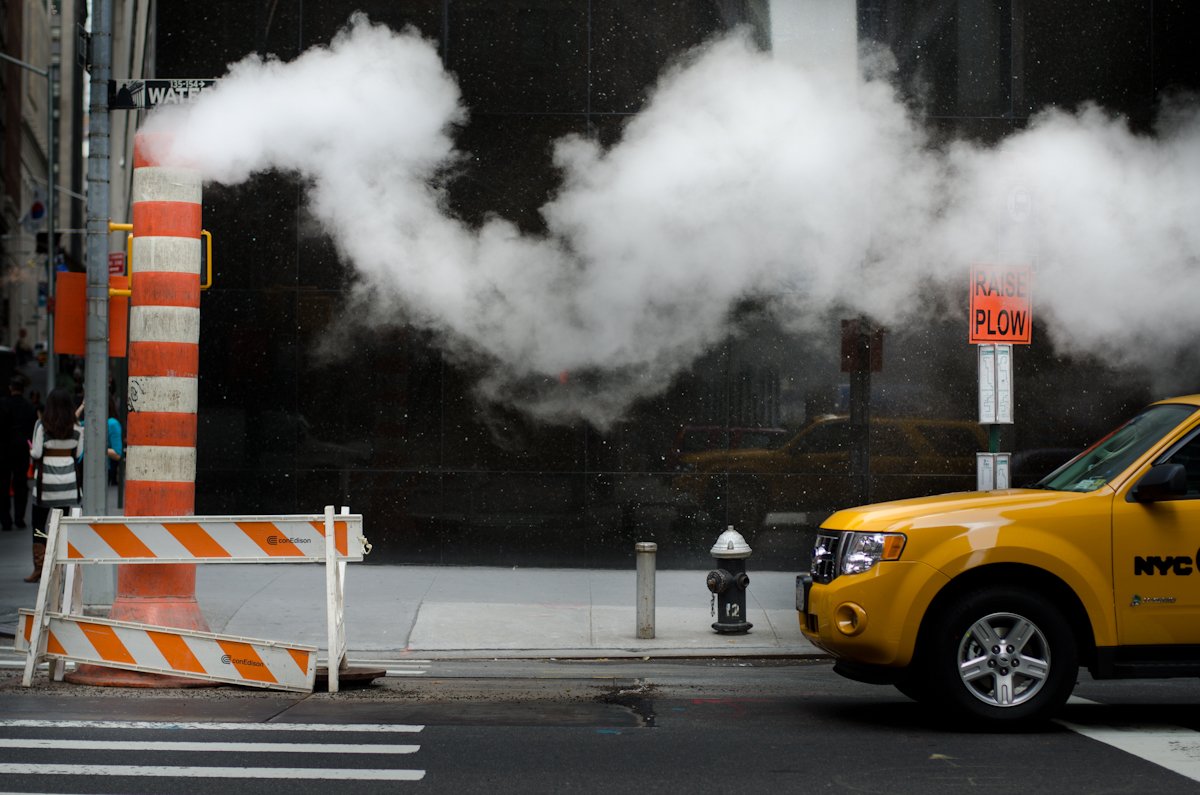
Ride-hailing increases emissions, contributes to climate pollution
Several studies have found that ride-hail services not only draw passengers away from lower-carbon commuting alternatives like public transit and walking, but also create 50% more carbon dioxide per trip than conventional vehicles.
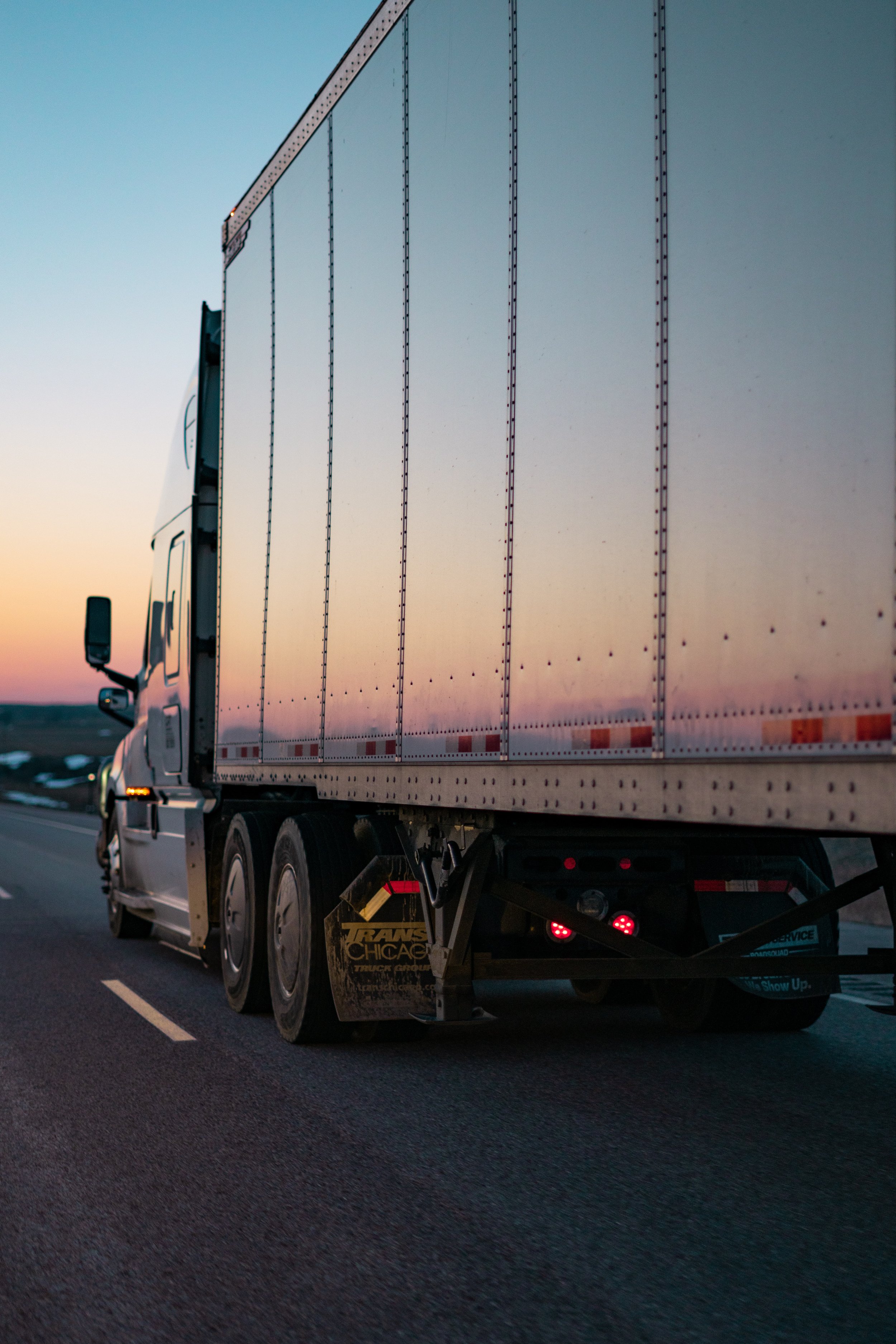
Logistics giants hedge their bets in uncertain U.S. self-driving truck race
Private investors have so far poured nearly $9 billion into U.S. self-driving trucking companies. But the technology by the startups is far from ready for prime time - and neither are their biggest customers.
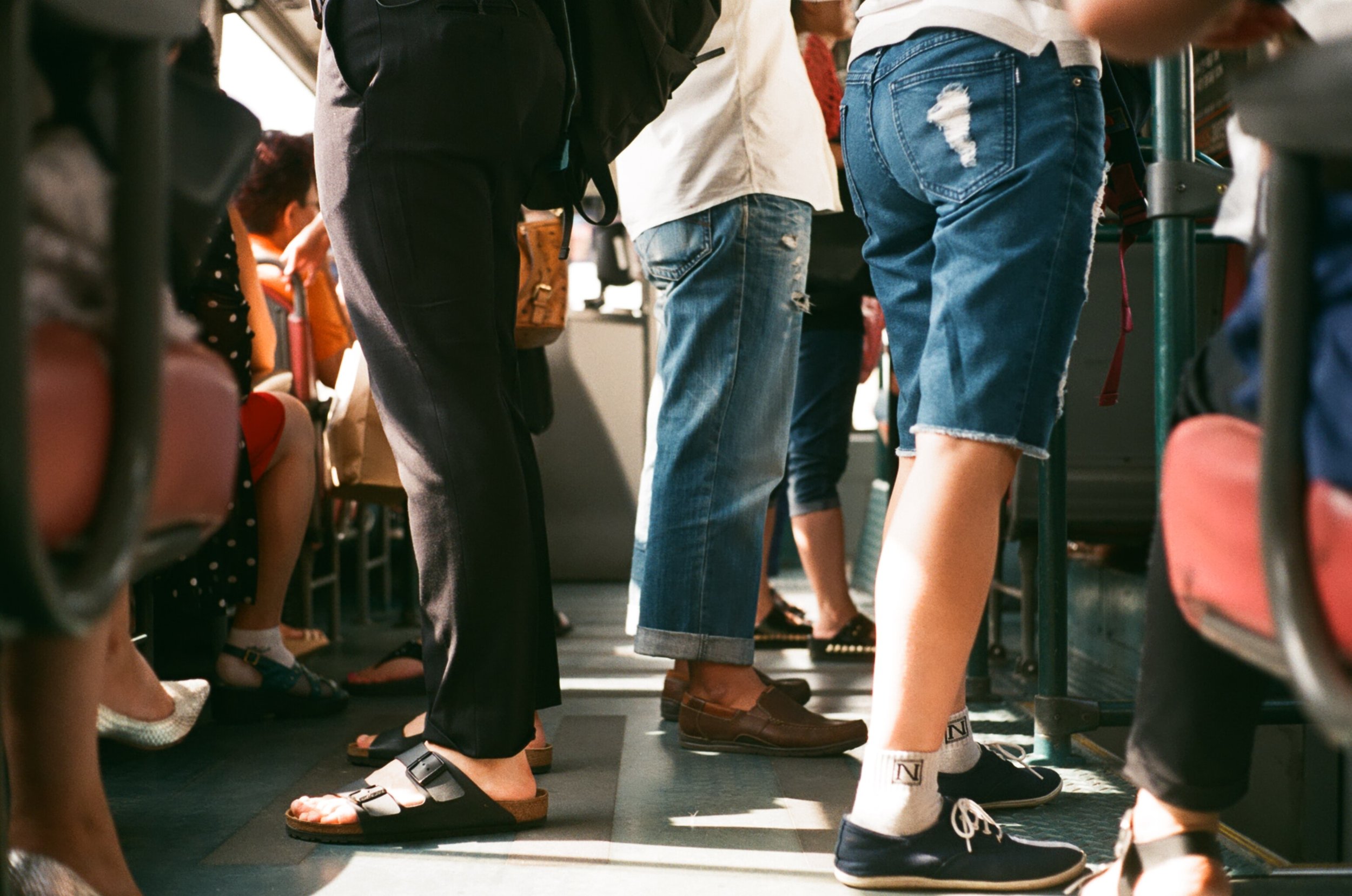
Empty trains, clogged roads: Americans get behind the wheel to avoid transit
A severe drop in public transit use among Americans during the pandemic has led to permanent changes in commuting patterns - and an increase in emissions.